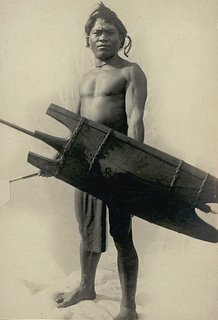Lives Destroyed: Attacks on Civilians in the Philippines
Philippines: Extremist Groups Target Civilians
More Than 1,700 Killed and Injured in Bombings and Kidnappings
(New York, July 30, 2007) – Violent Islamist groups in the Philippines have killed or injured more than 1,700 people in bombings and other attacks since 2000, Human Rights Watch said in a new report and photo essay released today. The attacks, mostly in Mindanao, Basilan, Jolo, and other southern islands, have also included kidnappings, executions, and shootings.
The 28-page report,“Lives Destroyed: Attacks on Civilians in the Philippines,” contains personal accounts and photographs of bombing sites and of victims of attacks and their relatives. It describes how attacks have killed children, parents, husbands, and wives, and caused terrible suffering among wounded survivors and relatives. The Abu Sayyaf Group (ASG) and the Rajah Solaiman Movement (RSM), based in the southern Philippines, are implicated in or have claimed responsibility for many of the attacks.
“Extremist armed groups have spread terror among civilians in the Philippines,” said John Sifton, senior researcher on terrorism and counterterrorism at Human Rights Watch. “They have bombed buses carrying workers, food markets where people were shopping, airports where relatives were waiting for loved ones, and ferry boats carrying families.”
The casualties since 2000 amount to more than the number of people killed and injured in bombing attacks during the same period in neighboring Indonesia (including the 2002 Bali bombings), and considerably more than the number of those killed and injured in bombings in Morocco, Spain, Turkey, or the United Kingdom. The scale of the violence, however, has not received widespread attention outside the region.
Human Rights Watch faulted the Philippines government for not prosecuting those responsible for attacks. Although numerous suspects in bombing attacks have been arrested since 2000, Human Rights Watch said that very few have been successfully brought to trial, and prosecutions in some cases have been delayed for more than four years. The rest of the story.
Labels: Abu Sayyaf Group, Human Rights, Human Rights Watch, Mindanao





 Deviant Art
Deviant Art
0 Comments:
Post a Comment
<< Home